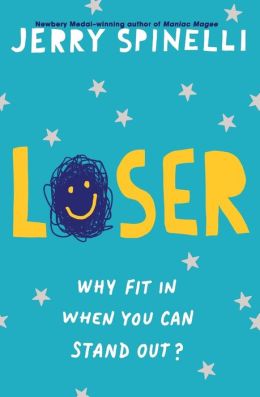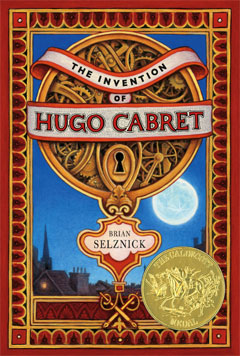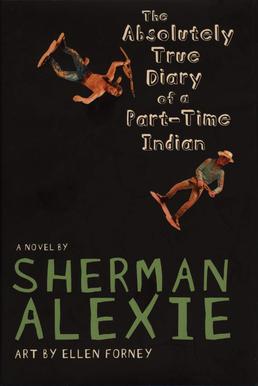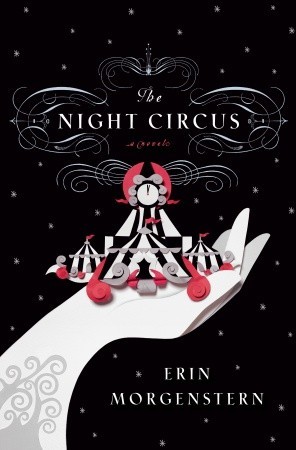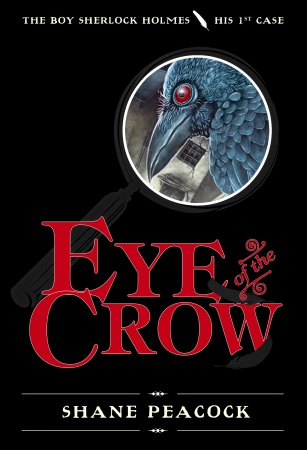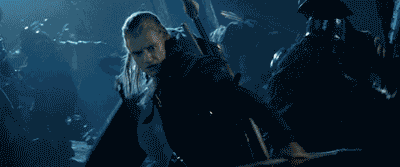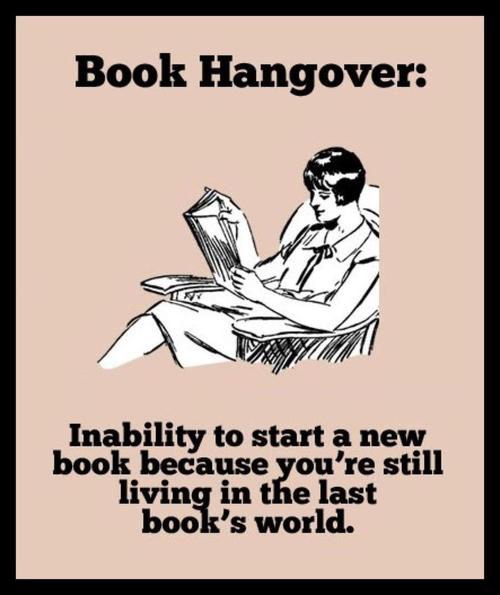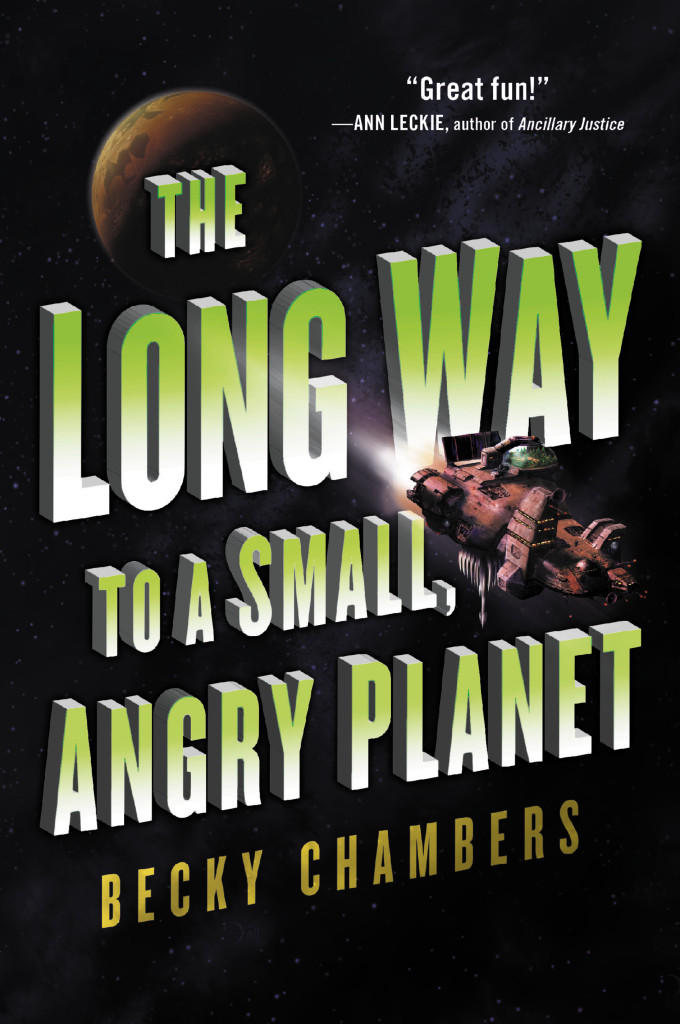I decided this summer to read these books, because, CONFESSION: I never had.
Well, that's not entirely true.
I blitzed through Fellowship in my freshman year of high school and attempted to read The Hobbit in 5th grade, but I skipped all the boring singing and boring dwarves and just went straight to the "Riddles in the Dark" chapter, then skipped again until Smaug came up. So it doesn't really count.
Now that I have a degree in ENGLISH and LITERATURE, I thought I'd make use of it and attempt again.
I was 12 when the Fellowship of the Ring movie came out, and it had a pretty profound effect on my middle school and early high school years. I LOVE the films (still do), so unfortunately, I had them color my view of book-version Middle Earth.
That being said, this isn't really a book review, but more a comparison between the films and the books.
What I have to do though is give credit to Peter Jackson for making all the worlds in these books feel so real. Tolkein is a brilliant writer, but he is, first and foremost, a scholar, professor, and philologist, and his books read a bit like textbooks at times. He's a storyteller second to all that. His story is brilliant, but I won't lie: there are parts in the books that are just dry. They're confusing, and the only way I got through them is because I had a visual in my mind from the movies, for which I have to thank Peter Jackson. He dissected the dry, boring bits and instead of going hog-wild with his imagination, tried to make it look and feel as real as Tolkein wrote it. Every city, particularly the Shire, Gondor and Rohan, has a deep history, its own language, its own people, and Jackson did a really good job conveying that on film in a way that was a little dull to read about for eight pages at a time. Like, Helm's Deep for example. It's described in such an odd way in the books, but in the movies, you know exactly what it is and what it looks like, so it was helpful for me to have that image when I was trying to form a picture based off Tolkein's words.
That's the other thing about Tolkein. He writes for
pages about things, but overall, he's not very descriptive. Take, for instance, the problem of
Gollum's appearance. In
The Hobbit, Tolkein aptly describes his lamp-like eyes, his hissing voice, his creeptacular crawling...but completely omits any information about his size! So illustrators made him HUGE (see various illustrations
here). And there's a lot of passages like that. Tolkein gets very caught up in the history, names, and languages, but fails to describe simple details that help the reader IMAGINE the world as they're reading.
So thank you, Peter Jackson, for taking the time to make this all feel genuine and in keeping with the books. Because for all the criticisms the films receive from die-hard book fans, he really did a very good job keeping a very "Tolkein-esque" feel to the films and characters.
Also, I feel the casting was pretty near flawless...EXCEPT FOR FRODO! In the books, Frodo is like, 50 years old. Which is still pretty young for a hobbit, but did they really have to cast 19 year old Elijah Wood??? I mean, he's got very sad eyes and was really good at showing Frodo's struggle and decline as the ring takes more and more hold over him (he was also good at lying on the ground for approximately 85% of the films). But he's just so young! I had a hard time rectifying my imagining of book-Frodo with movie-Frodo. Other than that, the cast was pretty darn flawless (especially Saruman, Gandalf, Pippin, Galadriel, and Boromir).
Things They Left Out of the Movie:
-Tom Bombadil, the Barrow Wights, and all that: it was a nice part of the story, but it really serves no purpose in furthering the plot. Nothing happens there that really shapes the characters in any significant way, and he never reappears later in the story. I'm actually glad they didn't leave it in the films simply because it would've taken up more film space and again, it didn't really serve any purpose, except to show that Bombadil is essentially everything that Sauron is not. If Gandalf is the foil to Saruman, Tom Bombadil is the essence of peace in the world before Sauron and the ring(s).
-Sam and Frodo's relationship: no, I don't mean GAY subtext. I mean, in the books, Sam is definitely Frodo's servant. In the movies, you get the sense that they're kind of like BFF's, but Sam is most definitely employed (albeit lovingly) by the Bagginses and their relationship is absolutely that of master-servant. He calls Frodo "master" throughout like, the entire series. I am ambivalent in this regard. I liked them as besties in the movies, and their relationship worked really well in the books, too. I dislike the film one only because it feels like they censored that out to make it more P.C.
-All of the freaking singing: seriously. So. Much. SINGING. This is why I couldn't get through The Two Towers in high school. I was like, "Legolas, SHUT YOUR FACE." I like it in the books because it makes it seem even more legendary and lore-like. Thank God they didn't film all of this singing, though. It would've been very silly.
-Shelob happens in the Two Towers: I was totally unprepared for that, thinking that because I'd seen the movies, I knew how it was going to go. HOW FOOLISH I WAS. And Tolkein literally ends that book on SUCH a cliff-hanger. It's like, "Frodo got taken into Mordor, Sam thought he was dead and was totally depressed, but little did he know Frodo was actually alive. The end!" That bugger.
-Saruman's canon death: in the books, he's killed within the last 20 pages of Return of the King, in the Shire, by Grima Wormtongue (who is then slain by angry hobbits). I don't even remember what happens to him in the movies, but I know that WASN'T it.
-Prince Imrahil: Faramir's uncle and kind of a badass, who was completely left out of the films. Read about him
here.
-Faramir and Eowyn's love story: which could have been its own story it's so epic. It was very Arthurian in nature and takes place while they're both healing from battle wounds in Gondor. I really wish they'd shown it. I wish they'd made a whole separate movie of it. Dang!
-The Scouring of the Shire: we see about 3 seconds of this in Galadriel's mirror, but it's actually a pretty major part of the book. There's a whole other battle that goes on in the Shire, and while I was heartbroken at first, I like this part, because it shows how far-reaching Sauron's evil influence was, and how incredibly hearty and awesome the hobbits are as a race.
Things They Added to the Movie:
-Everything about Arwen: I love movie Arwen. I love Liv Tyler and I won't even pretend that Arwen wasn't my main sartorial inspiration for like 2 years after the movie came out. But omg, she literally says ONE THING in the entire trilogy of books! She is not this awesome, badass, water-horse-summoning Elf woman. Nah. She's pretty. And she sits quietly next to Elrond and her brothers (also not in the film) and makes sad eyes at Aragorn. And that's about it, until she marries him in Return of the King where she utters like, one line to Frodo. SO DISAPPOINTING. That being said, Eowyn was the progressive, strong female character I wanted to see in Arwen. But I won't complain because at least there was ONE in there, which is pretty good considering this was written during WWII.
-Epic maneuvers in the Mines of Moria: this scene takes up a good chunk of the movie, presumably to give a big build up to Gandalf's "death." In the book, it was like, 4 pages. The Council of Elrond was about two and a half chapters, for comparison.
-That whole scene with the Wargs when Aragorn somehow ends up in a river, and then ultimately ends up back at Helm's Deep: this literally did not happen even a little bit.
-Elves at Helm's Deep: also didn't happen. And I liked it better that way, because that was a battle for men to win, and to show the desolation of the situation. There was no aid from anyone. They were on their own against scores of orcs and Uruk-hai. It was scary, and they were, to quote the Avengers, "hilariously outgunned."
-Legolas shield-surfing: needless to say, Tolkein didn't write this, either.
-Most of the stuff that happens with Faramir, Frodo, and Sam: Ringwraiths don't attack the city. There is no scene where they escape through the sewers. It's all pretty subdued in the books, actually. But they do a great job describing Faramir, and I do really like his character (and I like how well David Wenham played him).
Pretty much everything else was spot-on. Also, can I say how glad I am we waited until we had proper Gollum technology? Because he's SO CREEPY in both the films and the books, and I still do not have any sympathy for him and will probably always pee my pants a little whenever he shows up.
Guys, I could write like, a book on my thoughts on Lord of the Rings. It's just SO GOOD. If you've never read it, please give it a try. I ended up listening to portions of it on audio, just to help me get through it, but it's so worth it. This is the ultimate piece of fantasy literature (and a lot of parallels exist between this and Harry Potter, just saying), and if you enjoy the genre or the movies at all, PLEASE at least try to read them. They're incredible. I laughed out loud, I was in suspense (even though I'd seen the movies, and THAT is good storytelling right there), I cried when it was over...I'm totally sad they're over. I'm having a major book hangover.
Also this accurately sums up my life right now:
So amazing.
Ála tira acca haiya! Mal si a vanya as márë órelyar! Namárië, ar nai aistalë Eldar ar Atani ar ilyë Léralieron hilya le! Eleni sílar antalyannar!
